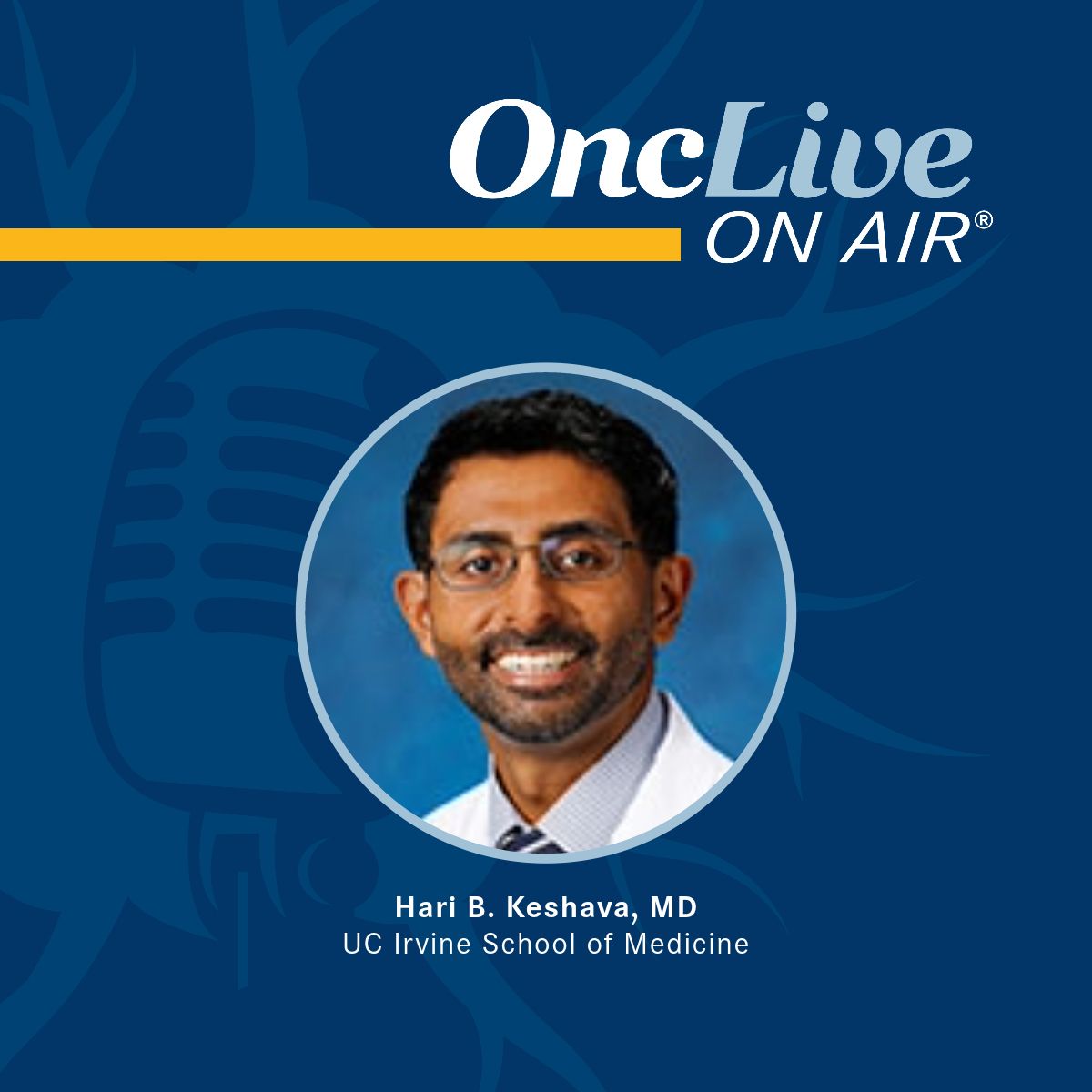Video
Dr. Kelly on the Outlook of ALK-Positive NSCLC
Author(s):
Ronan J. Kelly, MD, MBA, chief of oncology for the 10 Baylor Scott & White Health's North Texas Cancer Centers and director of oncology on the campus of Baylor Charles A. Sammons Cancer Center at Baylor University Medical Center, discusses the outlook of patients with ALK-positive non–small cell lung cancer (NSCLC).
Ronan J. Kelly, MD, MBA, chief of oncology for the 10 Baylor Scott & White Health's North Texas Cancer Centers and director of oncology on the campus of Baylor Charles A. Sammons Cancer Center at Baylor University Medical Center, discusses the outlook of patients with ALK-positive non—small cell lung cancer (NSCLC).
Patients with ALK-positive disease are living a long time; however, cure is more of a concept than a reality at this point, says Kelly. As more effective ALK inhibitors are developed, physicians are able to expand their applicability to more patient populations in need. For example, there are now ALK inhibitors that are demonstrating significant activity in patients with brain metastases. Having access to agents that penetrate the blood—brain barrier is very exciting and serves as proof-of-concept that the brain is no longer a sanctuary site.
Now that patients are living for years, the question is what to do after patients have exhausted all available ALK inhibitors. Another question is, what should be done if a patient develops another oncogenic resistance pathway? There are ongoing studies looking at whether a combination approach of another targeted agent with an ALK inhibitor may be able to overcome such resistance, concludes Kelly.









